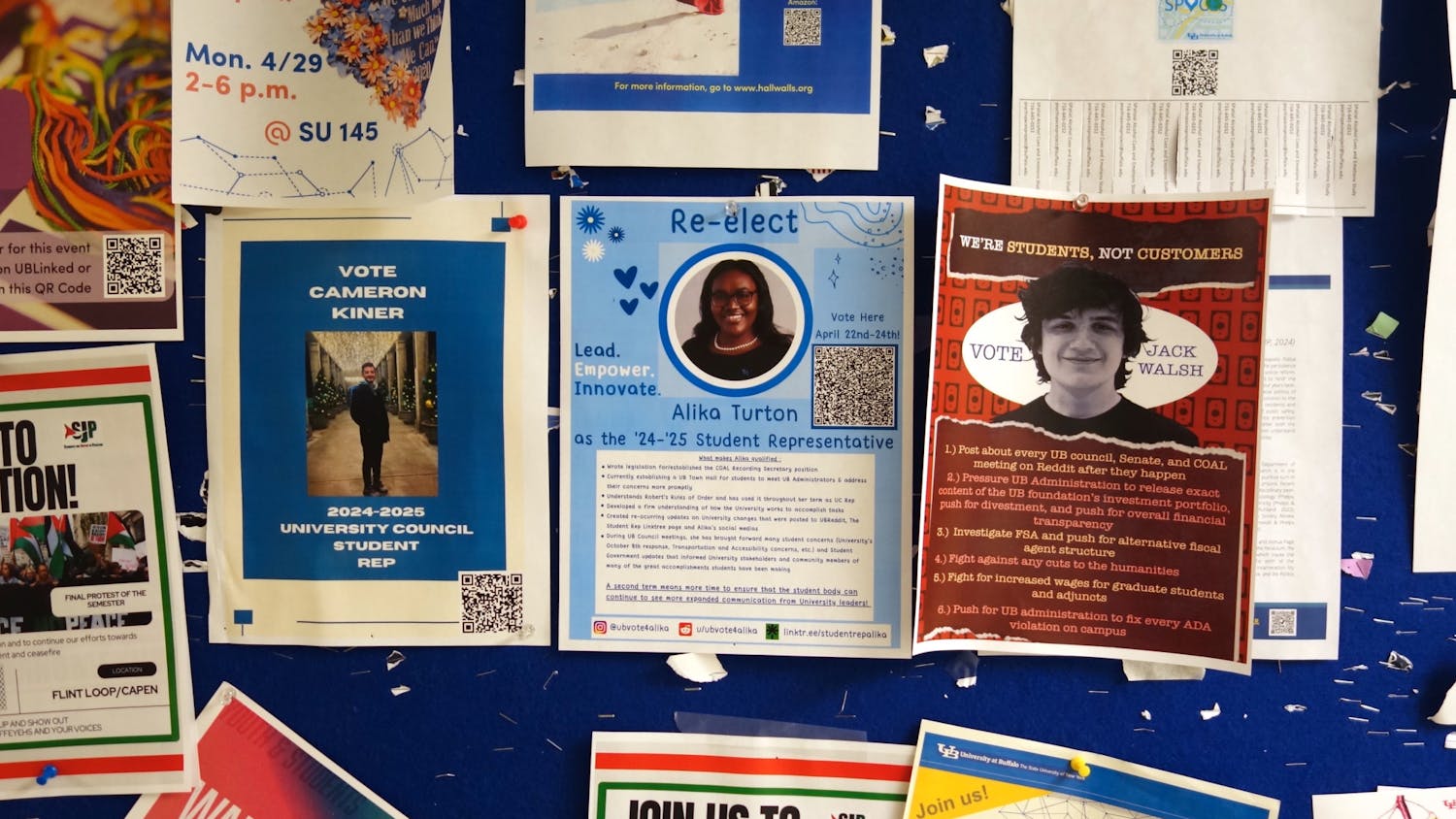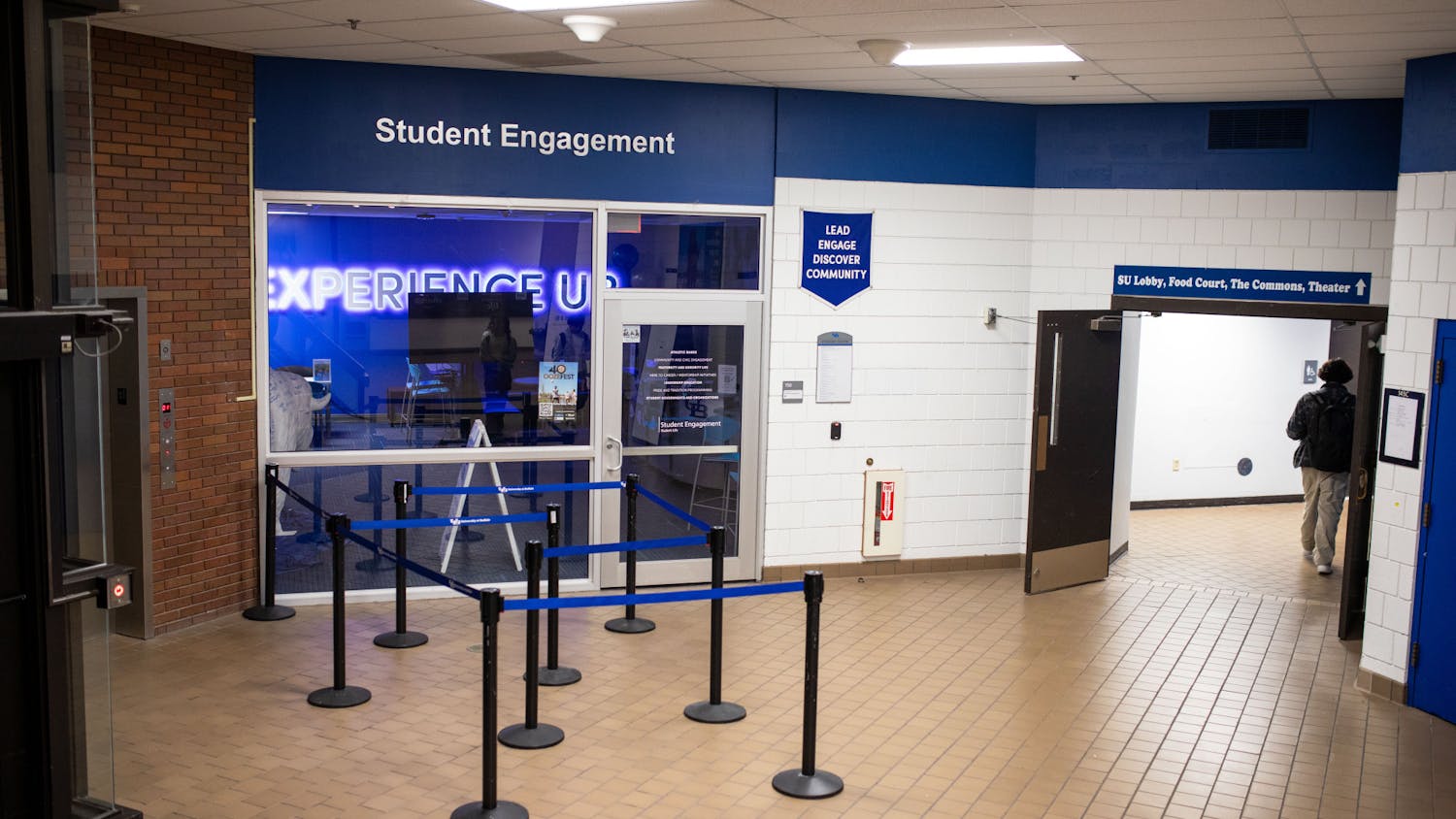Last Thursday, professor Saleem Kidwai, Ph.D. and visiting Fulbright scholar, addressed "The Kashmir Issue in International Politics" as part of a university-sponsored lecture series examining the aftermath of Sept. 11.
Kidwai has taught political science in both Kashmir and the United States. An Indian Muslim, Kidwai lived, and taught at the university level, in Kashmir from 1979 to 1989 and expressed fond memories for the region.
"When I first arrived, I was struck by Kashmir's beauty," he said. "I found the Muslims and the Hindus living together peacefully. They were very proud of their identity."
Kashmir is located between Pakistan and India. Today, it is divided into two parts: one part is held by India and one is an independent nation, Azad Kashmir, that retains ties to the Pakistani government.
During his 10-year stay, Kidwai said he spent time as "a careful observer" and it was obvious to him that political issues were changing along with the people of Kashmir. Now, Kidwai said, "Kashmir happens to be one of the most serious and explosive issues in international politics."
His lecture was based on the idea that the political turmoil now a reality in the world has been in existence for over 50 years, since the installment of U.N. resolution 39. He focused primarily on the historical events that occurred in Kashmir from the mid-1940s to the present time.
Throughout the lecture, Kidwai posed questions such as, "What is the nature of [terrorism]?" "What makes Kashmir so important?" and "How is Kashmir linked with international terrorism?" While attempting to answer such questions, he introduced the idea that history of religion, political power and global location were themes that could be related to the issue of global terrorism.
In the summer of 1947, both India and Pakistan became independent countries. Kashmir was allowed to accede to either by choice of the people, and consequently joined India, leading to a series of disputes between the two nations.
As a result of these political disagreements, the United Nations Security Council established resolution 39 in 1948. Article 39 was intended to allow the United Nations Commission for India and Pakistan (UNCIP) to mediate the tumultuous situation.
One year later, in 1949, India and Pakistan jointly signed the Karachi Agreement. With this decision, they established a ceasefire that was to be closely mediated by specified political observers in the Middle East.
By discussing such events, it was Kidwai's intent to demonstrate that the acts of 50 years ago still heavily impact international current events. Even now, he said, India and Pakistan have yet to reach a mutual compromise regarding Kashmir as well as other social and political matters.
Following his discussion of the past, Kidwai gave the audience a prediction for the future. "My assessment is terrorist events in Kashmir are likely to increase. I would be very happy if it does not, but I am afraid there will be more after this."
"I thought that this was a very good lecture, and I learned a lot of political things that I was not aware of," said Gaurav Patankar, an MBA student in the school of management. "This was a good link of the Kashmir problem to international terror."
Abhishek Tiwari, a fellow MBA student, had similar sentiments.
"This was a very informative session, specifically the issue of the U.N. resolution and the politically-ignored second part of the resolution that was mentioned," he said. "This was my first lecture that I went to in the series. It was a neutral session and that impressed me the most."
Not all students agreed.
Salman Tariq, a junior computer science major, said, "This was a one-sided speech from an Indian point of view. It is not even of historical truth, I think his 'facts' were made up in Indian history books." Tariq continued, "This was just a speech to defend the ideology and stance of India with Kashmir. I was disappointed."
Chair of the Council of International Studies and Programs Barbara Bunker said, "We felt very fortunate to have Professor Kidwai here, as we try to present a reasonably balanced point of view."
"We have faith that people who are here that actually listen to the speaker, will make up their own mind," she said.




